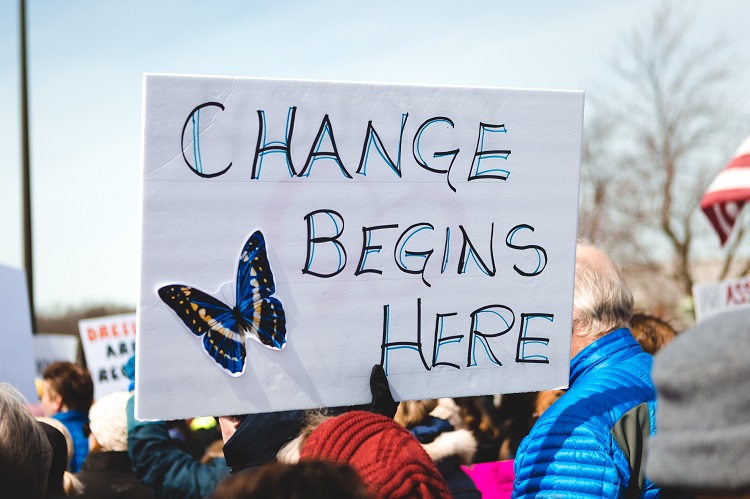On Fridays we bring the week’s best from around the web. This week’s collection features a Lego-visualization of social mobility in America, reflections on community, and more.
1. “How Social Science Can Make You a Significantly Happier Commuter” by Andrew Quinn, The Pursuit of Happiness
Men and women are social animals. A hunger for community and a thirst for interpersonal interaction is wired into our beings. Given this, why don’t we reach out more? If breaking through our loner inertia and striking up a simple conversation would significantly improve our day, why does it seem like such an unfathomable task in the moment?
2. “Is America Dreaming?: Understanding Social Mobility”: Richard Reeves of the Brookings Institution uses Legos to discuss the realities of social mobility in America today.
3. “The Loss of Christian Empathy” by Zachary Gappa, The Center for a Just Society
Of all religious and political combinations, Americans claiming to be both Christian and conservative ought to be immensely other-oriented. After all, for the Christian, the second greatest commandment is “You shall love your neighbor as yourself” (Matthew 22:39). And for the conservative, there are few things as important as a vibrant, thriving local community full of connected neighbors. Yet today we seem to have less and less connection to our neighbors.
4. “For-Profit Policing Means Ferguson Is Basically a Debtor’s Prison” by Michael Hendrix, Values & Capitalism
Ferguson’s legal system is one of the greatest challenges to moving up the economic ladder. […] The number living in poverty doubled between 2008 and 2012, just as the number of convictions and incarcerations increased too. Spending any amount of time in jail, even a day, reduces earning and employment prospects for life. Even with stable employment, keeping up with the growing cost of Ferguson’s court system can be an overwhelming burden, particularly for young families.
5. “Why We Shouldn’t Grow the Economic ‘Pie’” by Jim Pethokoukis, AEIdeas
Conservatives are for growth. Liberals are for redistribution. Conservatives worry about growing the pie. Liberals worry about slicing and re-slicing the pie to make sure everyone gets a fair piece. At least those are the shorthand, flawed stereotypes. But it is the “pie” metaphor that I want to focus on for a second.



